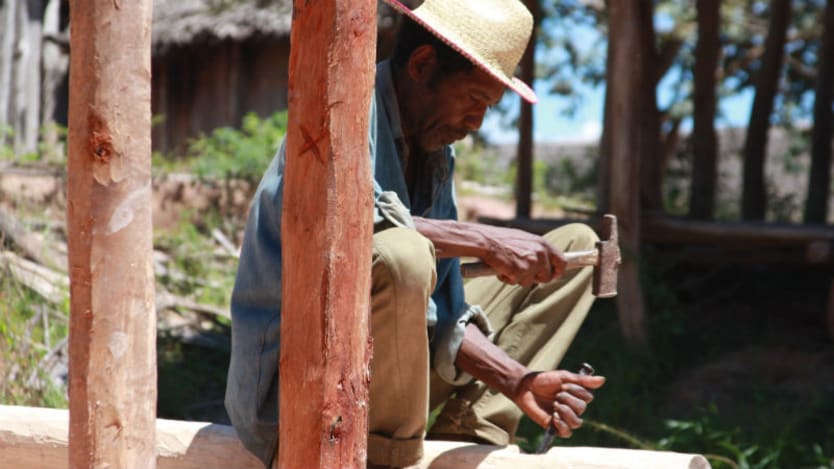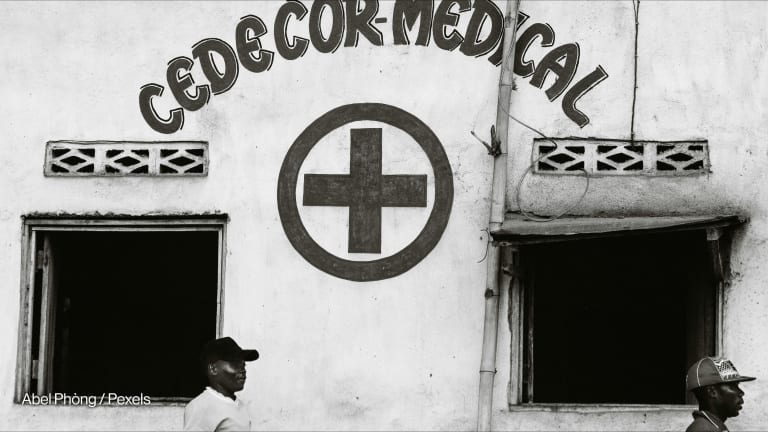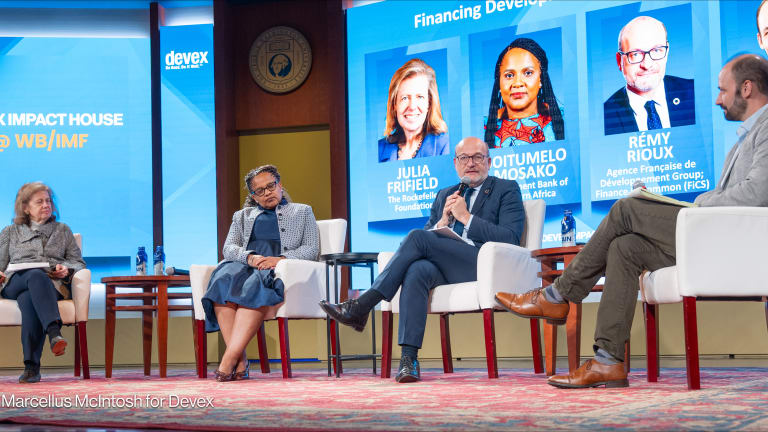
Be they the result of conflict, natural hazards or climate change, and whether they act upon financial, political or trade systems, the fact is that shocks and stresses are a part of the world we live in, and they will happen. The key is to learn this lesson and move forward constructively.
Our report, Financing Sustainable Development, highlights both the direct and longer-term impacts of shocks and stresses, and shows just how widespread and large, diverse and damaging these can be. The report, which is funded by the government of Switzerland, also highlights the role that finance can play in securing sustainable development in the face of such threats.
Last year saw many global processes engage on these issues and many agreements acknowledge the role of risk financing. The Sendai Framework for Disaster Risk Reduction, the Addis Ababa Action Agenda, the launch of the SDGs, and the Paris agreement on climate change, all stressed the need to better protect development, with resilience building recognized as a necessary priority. Since then, new initiatives have sprung up to enable action on these declarations. This includes actions to extend insurance against climate impacts in developing countries, ensuring long-term food and water security, and a global partnership — “5-10-50” — to address disaster risk.
Encouragingly, it is not just public finance that drives these initiatives. As is reflected in the Addis Ababa Action Agenda, there is a role for all finance sources in the post-2015 development agenda. In fact the ambition of that agenda demands all available finances are brought to bear on development. This is particularly true in a future where risks are better managed and resilience built. Each financial source — public or private, domestic or international — has its advantages (and also costs) while different financial instruments allow flexibility in timing, debt and other conditionalities that are fit for a particular context.
The fact is, that it is not just about more money. Tailoring the delivery of finance to the needs and considering its timing is crucial. Prevention, risk-informed investment and social protection, cash and food, household insurance and macroeconomic stability also have an critical role to play.
Above all else what we need is a clear understanding of the risks in play, followed by proactive risk management that incentivises investments prior to shocks and stresses, faster delivery from all sources once shocks arise, and the provision of longer-term finance to support transition out of crises.
Embedding multiple risk management and resilience building in decision-making is not easy, however. On the one hand it requires the development of practical tools and processes. Assessing risks of all kinds is the bedrock of investments in resilience. Finance alone is not sufficient — we need to know upon what risks our financial decisions need to be made. Much has been done to deepen our understanding of risk through assessment (perhaps especially in the areas of climate and disaster risk) but there remain weaknesses, including understanding how different kinds of risks interact in the same context, and the translation of risk into decisions. For this to happen there is a much-needed investment in capacity and leadership to make resilience a much higher priority in all development finance.
In part it also requires a shift towards longer-term and often less visible investments as well as changes in the availability of response and recovery support. It demands that all investment does not lock in risk through increasing exposure and vulnerability to economic, social and environmental shocks, but rather reduces it.
Whilst issues of risk and resilience have penetrated the post-2015 development agenda, there has been much less done on translating that into practical actions for international and national, public and private spending, especially in developing countries.
There is therefore much work to be done. This might be a long road, but it is one that is unavoidable to tread if we truly wish to meet our ambition of universal inclusive progress. Risk-informed development will deliver sustainability — there is no alternative. The price of inaction is failure.
Join the Devex community and access more in-depth analysis, breaking news and business advice — and a host of other services — on international development, humanitarian aid and global health.









